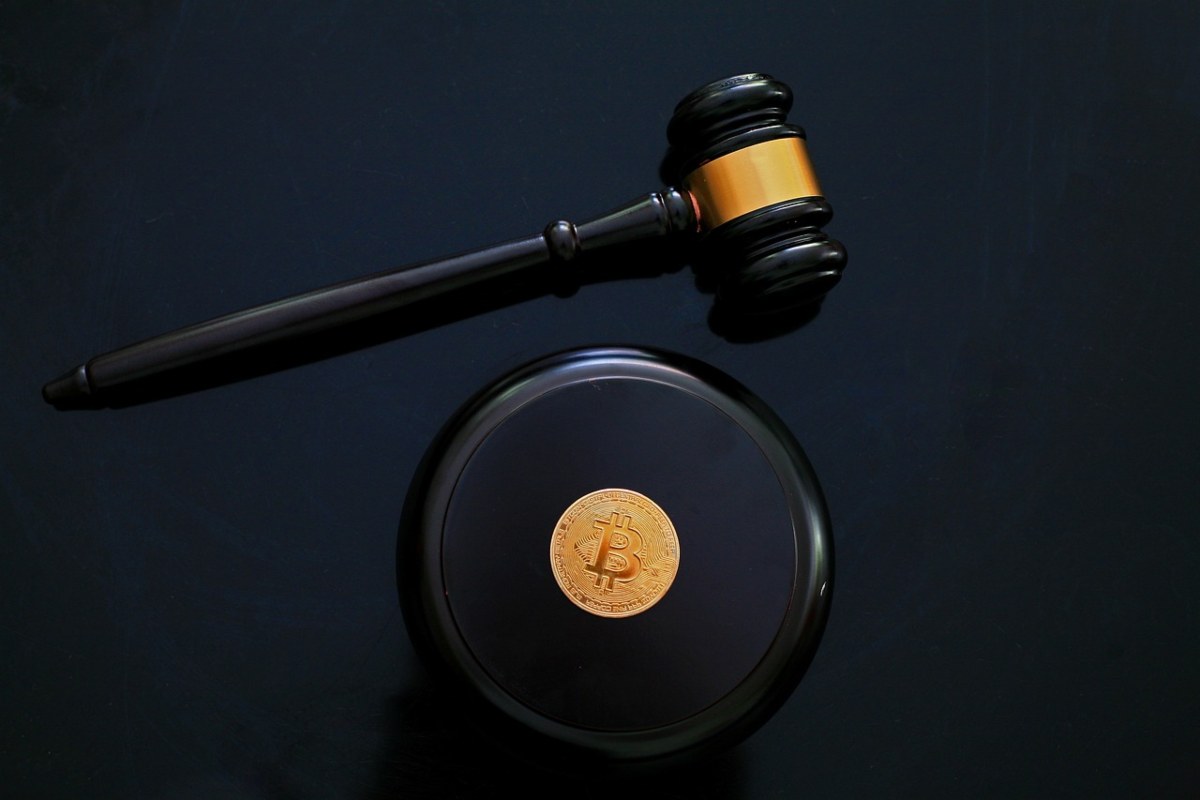As the cryptocurrency market continues to evolve, a middle-of-the-road regulatory consensus is gaining momentum, aiming to strike a balance between skepticism and optimism around crypto, Aaron Brown, a former managing director and head of financial market research at AQR Capital Management, opined in a recent piece for Bloomberg.
Four senior executives from the International Monetary Fund (IMF) recently outlined their vision for international crypto regulation in an IMF Blog.
Earlier, G20 members got support from the IMF and United States to coordinate on global crypto regulations.
The executive proposed four key principles, while one principle was commended, two were criticized, and another was deemed problematic.
Embrace Competition and Strengthen Institutions
Aaron highlighted that one of the IMF executives’ proposals that garnered support is the idea of defending against the substitution of sovereign currencies by enhancing domestic institutions.
Enhancing such institutions encourages traditional financial players to up their game and improve their offerings instead of seeking regulatory intervention to suppress crypto competitors.
This approach acknowledges that the advent of cryptocurrencies was fueled by distrust with the traditional financial system during the 2008 financial crisis.
By fostering confidence in sovereign credit, central bank competence, and adherence to the rule of law, the traditional financial sector can regain lost ground.
However, one controversial principle put forth by the IMF executives is to refrain from granting cryptocurrencies a legal tender status, which a few countries have already done.
Critics argue that this move aims not to protect national sovereignty, as claimed, but rather to safeguard government revenues derived from seigniorage—the profits governments generate from issuing money.
By withholding official status from cryptocurrencies, governments seek to maintain their monopoly over money creation, as crypto’s growing popularity poses a threat to traditional revenue streams.
Another contentious proposal by the IMF executives involves integrating cryptocurrencies into existing regimes that manage capital flows.
However, critics equate such measures to financial repression, limiting the free movement of capital across borders.
Managing capital flows could be damaging to crypto’s advantages of seamless cross border transactions.
Instead of resorting to such financial restrictions, crypto proponents argue that embracing digital asset’s innovative potential could lead to more beneficial outcomes for both the economy and global trade.
Attempting to Define and Enforce Tax Policies
The last proposal that received criticism revolves around imposing strict tax policies on cryptocurrencies to ensure unambiguous treatment and compliance.
Critics point out that attempting to predefine tax treatment for every crypto project may hinder innovation and the unique and intricate ways these projects operate.
Instead, a more constructive approach would be for regulators to collaboratively explore ways to harness the potential of the crypto ecosystem to extract government revenue without stifling the growth.
Optimism Surrounding Crypto Regulation
Aaron further opined that despite the differing perspectives, there is growing optimism about the future of crypto regulation.
While the challenges are evident, the ongoing communication and dialogue between innovators and regulators are contributing to a more cooperative atmosphere.
While no definitive regulatory model has emerged yet, stakeholders seem more open to unconventional approaches to finding a common ground that benefits both the crypto industry and traditional financial systems.
In the United States, a group of House Republicans introduced a long-awaited bill last week.
If passed, crypto oversight roles of the Commodity Futures Trading Commission and the Securities and Exchange Commission will become more clear in the Northern American country.
Credit: Source link
